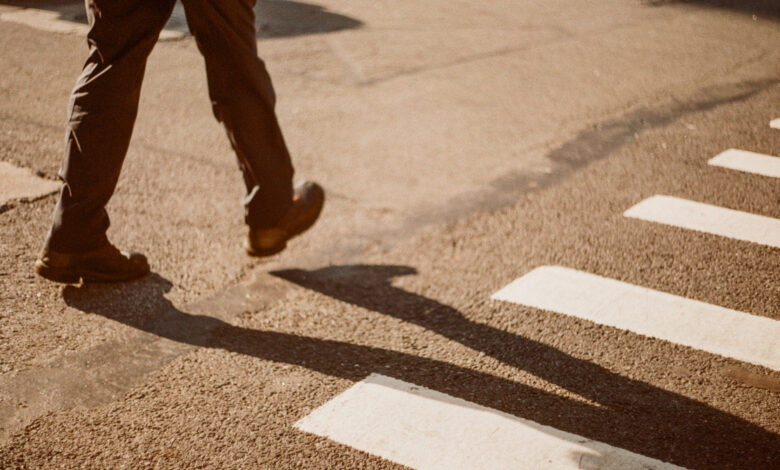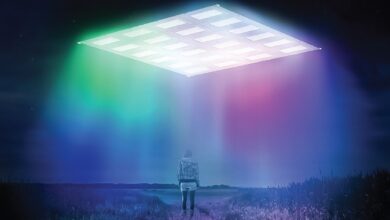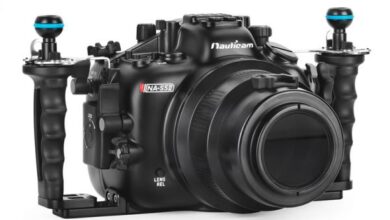Is Natural Light the ‘Best Light’?

I’ve recently heard this statement confidently asserted, mostly by non-photographers, when talking about lighting. I briefly mentioned that it’s a little more complicated than that without delving into a whole lesson on light and how it works, but it did leave me pondering the statement longer.
So, is natural light truly the “best light”?
It can be easy to make a blanket statement like this, but there are many things, even with natural light, that aren’t considered. And if you’re newer to photography, or are looking for the “best light,” then this may give you some insights.
Firstly, let’s define natural light as being any source of light that occurs naturally. Ergo, the sun, fire, or bioluminescence. This means anything beyond this is artificial.
Now that we’re on the same page, we all know the sun changes its position in the sky relative to the Earth’s surface. This means that the sun, and therefore the light, changes its position, height, and angle. So now, the “best light” is at multiple points throughout the day, meaning it is a different quality of light depending on where in the sky it is.
That’s not even taking into account light modification based on anything in the sky, i.e., clouds, smoke, fog. Or even buildings, the color of the ground surface, whether you’re indoors with window light or outside with direct or indirect sun.
Basically, there are a huge number of factors that can influence the quality of natural light and how it interacts with your subject. If it isn’t clear by this point, I’m a bit of a lighting nerd, hence why I feel so strongly about this topic. Being such a lighting nerd, I believe that there is simply no “best light”; rather, there is only the best light for what you’re doing or what you’re shooting. Natural light can sometimes be best, but it can also completely throw off what you’re doing. If you’re going for a gloomy, solemn look, and it’s pure, full sun outside, chances are that’s not going to work well for you. Similarly, if you want a really bright scene and it’s gloomy and dark outside, chances are you’ll have to supplement the light to get the desired look.

Now, I mentioned it was a non-photographer who said this, so they don’t have as much experience working with different types of light and don’t have the ability to “see light.” And one could argue that to see what you’re doing when performing any activity, natural light may make it easier to see, but it also depends. Part of the reason this statement led to this rant is that it was used in the context of photographing people and things.
I would argue natural light is a good starting point, in most cases, but can almost always be improved upon. Now don’t get me wrong, as a photographer, if the natural light at the particular moment is ideal, I will use it and only it. But more times than not, I do believe it can be improved upon and made into the “ideal.” In fact, a lot of my work is lit in an effort to make the light look “natural,” but it’s done in that way because the natural light in the scene didn’t quite work. This means I take the existing lighting scenario and build upon it to get to a point where the light still looks natural on film, even though it is completely crafted.
Now if you want to strictly use natural light, by all means, do your thing. I’m not trying to convert anyone into the world of artificial lighting, but rather articulating the science and the art of light. When you understand the mechanics of it, you can shape it to be the ideal for that scenario. But when you are unaware of said nuances, it becomes easy to use such a blanket statement, so it is arguably from an ignorant point of view. But that said, when it’s presented as a statement of fact, it holds authority that isn’t warranted. I would equate it to the lighting equivalent of the infamous phrase “your camera takes great pictures.” Because it takes away the merit of the artist, as well as the craft itself. After all, lighting, especially good lighting, is an art form and being able to shape something as abstract as light is something that can be difficult to master. And such a statement begins to erase that merit.

Now don’t get me wrong, sometimes for the scene, the natural light at that moment is perfect and you won’t need to change anything. But in my experience, this isn’t the majority. And sometimes, the natural light is “good enough,” but in my book, “good enough” is seldom the best.
Perhaps this opinion being shared mostly among photographers becomes a sort of preaching to the choir, but I felt the need to share my frustration with this, as it is a less commonly heard phrase that diminishes a photographer’s merit. And by all means, if you agree with this person, feel free to tell me I’m wrong, but this is unequivocally the hill that I will die on. After all, if natural light was truly the best, why would photographers carry around lights, why would we spend thousands, sometimes tens of thousands of dollars on equipment that would give us “not-the-best” light?
As someone who places a large amount of weight on lighting and how it can work to add to an image, I felt the particular need to address this. Now, I did also mention this, more politely, to the person who made the original statement, but I wanted to share it among the community as this statement, which I have heard similar versions of from multiple people, drives me particularly crazy. Now, I probably shouldn’t concern myself with the opinions of those who aren’t within the same industry, but when they’re spoken with authority as a fact, it forces me to speak up. Perhaps one day I’ll learn to laugh it off and carry on lighting whatever I want, but for now, here we are.




